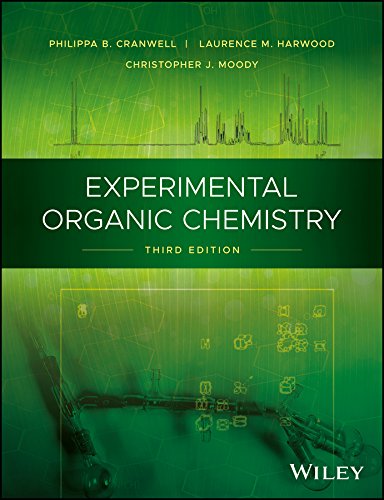

Most ebook files are in PDF format, so you can easily read them using various software such as Foxit Reader or directly on the Google Chrome browser.
Some ebook files are released by publishers in other formats such as .awz, .mobi, .epub, .fb2, etc. You may need to install specific software to read these formats on mobile/PC, such as Calibre.
Please read the tutorial at this link: https://ebookbell.com/faq
We offer FREE conversion to the popular formats you request; however, this may take some time. Therefore, right after payment, please email us, and we will try to provide the service as quickly as possible.
For some exceptional file formats or broken links (if any), please refrain from opening any disputes. Instead, email us first, and we will try to assist within a maximum of 6 hours.
EbookBell Team

4.1
40 reviewsCranwell Philippa B. Experimental Organic Chemistry 3 ed. 2017 [pdf 907sc 47.97mb]
The definitive guide to the principles and practice of experimental organic chemistry - fully updated and now featuring more than 100 experiments
The latest edition of this popular guide to experimental organic chemistry takes students from their first day in the laboratory right through to complex research procedures. All sections have been updated to reflect new techniques, equipment and technologies, and the text has been revised with an even sharper focus on practical skills and procedures.
The first half of the book is devoted to safe laboratory practice as well as purification and analytical techniques; particularly spectroscopic analysis. The second half contains step-by-step experimental procedures, each one illustrating a basic principle, or important reaction type. Tried and tested over almost three decades, over 100 validated experiments are graded according to their complexity and all are chosen to highlight important chemical transformations and to teach key experimental skills.
New sections cover updated health and safety guidelines, additional spectroscopic techniques, electronic notebooks and record keeping, and techniques, such as semi-automated chromatography and enabling technologies such as the use of microwave and flow chemistry. New experiments include transition metal-catalysed cross-coupling, organocatalysis, asymmetric synthesis, flow chemistry, and microwave-assisted synthesis. Key aspects of this third edition include: